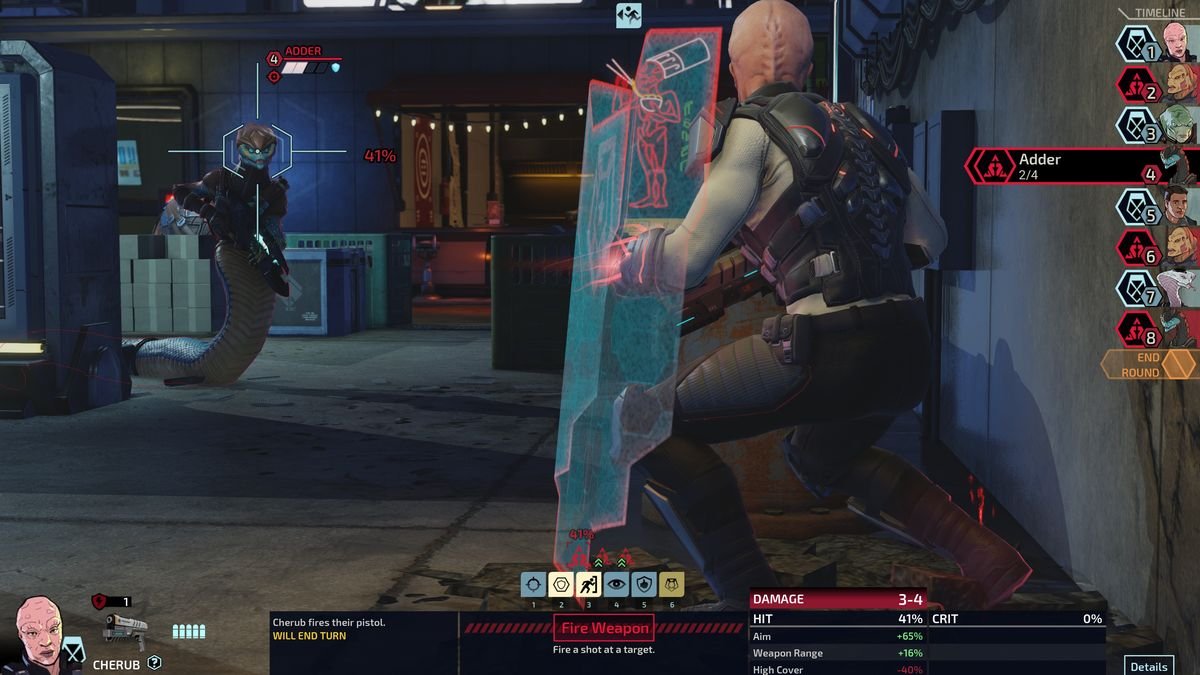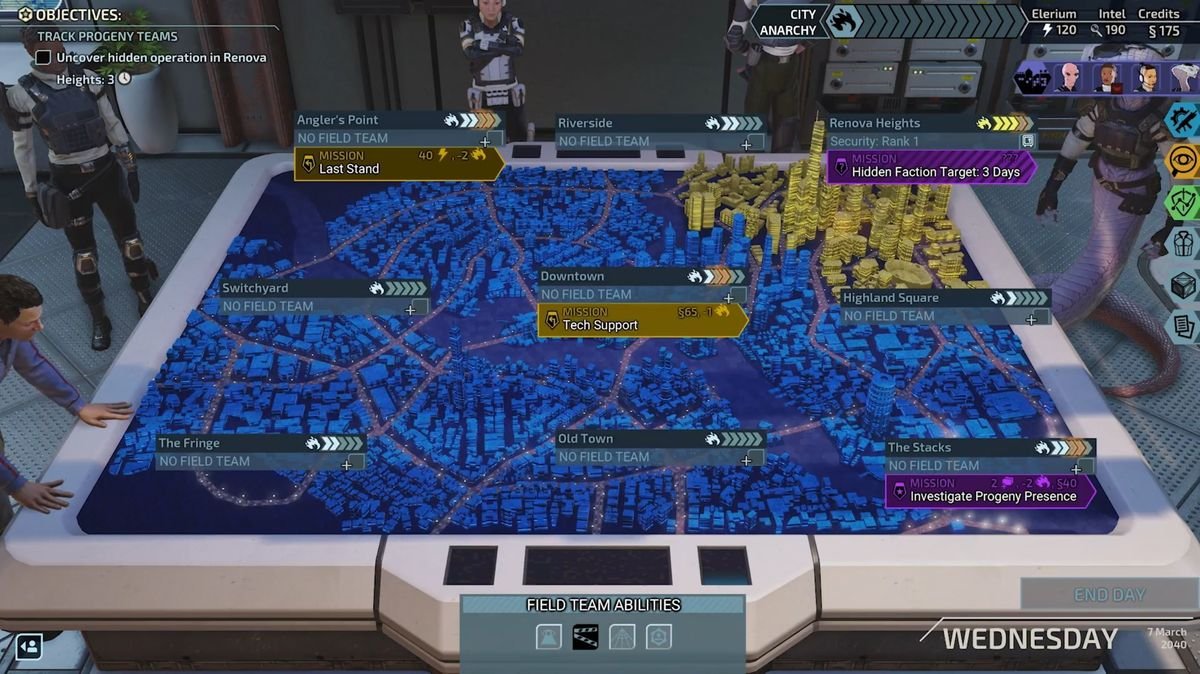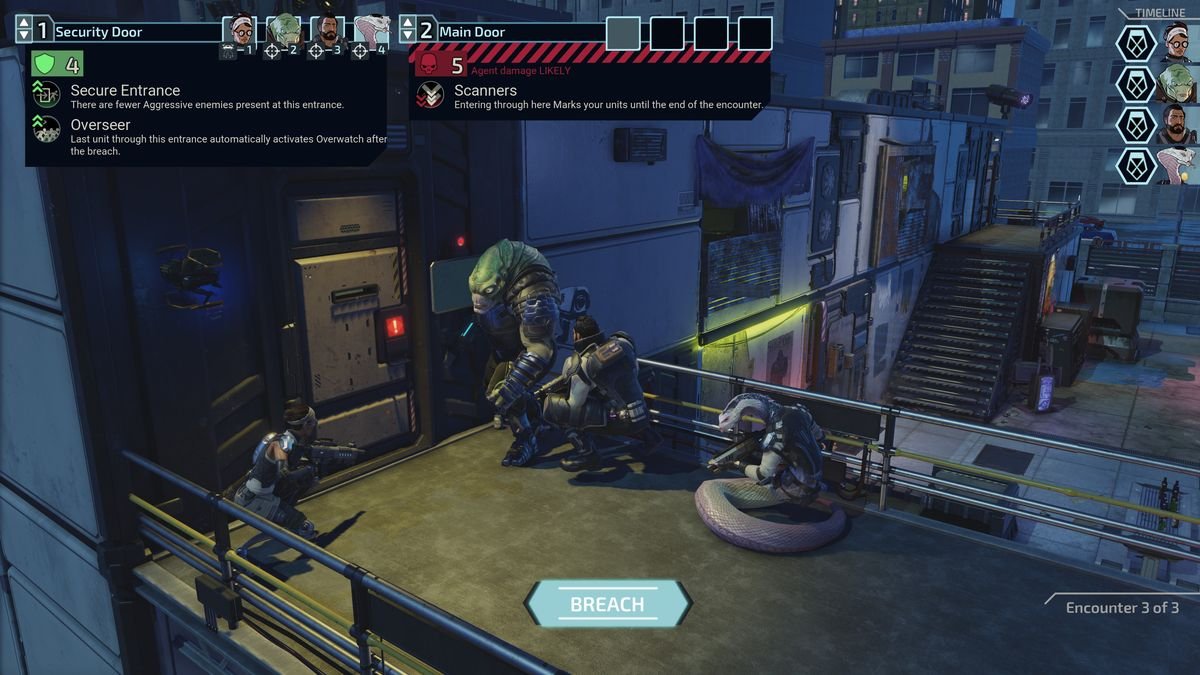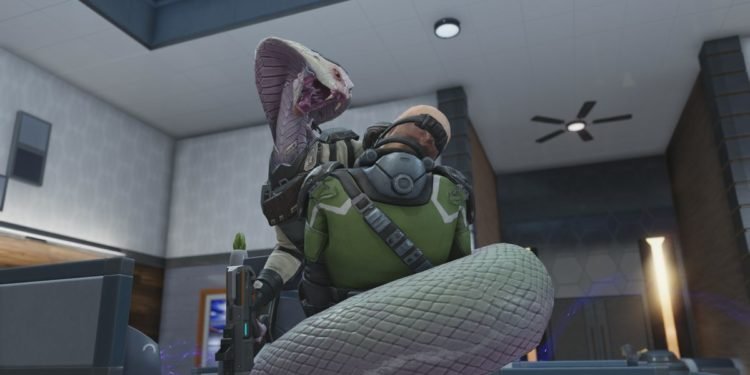Firaxis Games’ XCOM: Enemy Unknown, first released in 2012, was a stroke of genius. It successfully reinvented the classic turn-based gameplay of the 1994 original for a modern audience, merging fully 3D environments and characters with lavish animations and challenging tactical gameplay.
Since then the team has moved from strength to strength, most recently with a narrative-heavy reboot called XCOM 2: War of the Chosen. I called it “the definitive XCOM experience” in my review. I wasn’t sure where the series could go from there, or what would be gained by more reinvention, remakes, or reboots.
XCOM: Chimera Squad, Firaxis’ latest entry in the 25-year-old franchise, doesn’t quite rise to the same level of excellence as War of the Chosen. But it does manage to successfully remix the franchise’s most vital elements into something fresh. The result is an engaging and surprisingly diverse experience, one that is substantively different than every XCOM game that has come before. And, with a retail price of $19.99 and a launch sale price of $9.99, it might be the best value in video gaming since Valve’s legendary Orange Box.
A more intimate setting

Chimera Squad takes place five years after the events of War of the Chosen. The defeat of Advent — a group that collaborated with the alien invaders from 2012’s XCOM to enslave the human race — brings about an integrated society of humans, aliens, and hybrid creatures. The campaign focuses on a single location called City 31 and the gang-like criminal factions trying to tear it apart, eschewing the globe-trotting storyline of previous games. Players take on the role of the eponymous Chimera Squad, a multi-species military unit composed of veterans from the last great war.
Chimera Squad’s secret sauce can be found in its approach to the franchise’s most fundamental mechanic: the turn order.
In every previous XCOM game, each side moves all of its soldiers, one at a time, during their half of the turn. Chimera Squad throws that system away, replacing it with something called Interleaved Turns. It’s more akin to the initiative system used in tabletop role-playing games like Dungeons & Dragons. Players can set up the rough order in which their own soldiers will move and fight, but each of the enemies on the map will have their own turns sprinkled in between them. Before each round begins that turn order is decided based on hidden dice rolls, resulting in a fixed initiative tracker that gets posted in the upper right-hand corner of the screen.

Based on that initiative tracker, each round in every encounter becomes a puzzle to solve. Engagements in Chimera Squad aren’t simply about dealing as much damage as possible on your turn. They’re also about outmaneuvering your enemies by altering the turn order itself, with the goal of removing enemies from the map before they even have a chance to act.
Central to this puzzle-like gameplay loop are the various special skills that each of Chimera Squad’s soldiers have access to. Team Up is the most basic one, shared by every member of the squad at the beginning of the campaign. Once per mission it allows a character to tag-in another squad member to take the very next turn, pushing the intervening enemy actions lower in the initiative order. Other abilities allow soldiers to stun, push, ensnare, or otherwise pin enemies in place preventing them from taking their actions at all.
Used cleverly, these abilities allow players to key up devastating combos that isolate and destroy powerful enemy units in short order. Encounters are fast and brutal, mixing the kind of close-quarters combat found in a new breed of small footprint tactical games like Overland, Into the Breach and John Wick Hex.
Not all of these new and remixed gameplay systems are perfect, however. The overall user interface is a bit clumsy. Unlike previous entries in the series, Chimera Squad is tremendously difficult to play on a gamepad. You’ll want to default to a mouse and keyboard to avoid accidentally hitting the wrong button. The city map is especially cumbersome. While giant blinking warning lights take up most of the real-estate, the mechanisms players have to deal with all those alerts live on tiny buttons with muddled iconography. Reading through the help menus is, unfortunately, a tedious necessity.

Outside of the menus, however, Chimera Squad has marvelous pacing. Your team can only pursue one of the game’s three criminal factions at a time, and it can only add new soldiers — with new gameplay-altering special abilities — once it embarks on a hunt for a new faction. That creates three distinct 8-10 hour acts, each with completely different enemies and combat scenarios to explore. Where previous XCOM games became a bit of a slog in the mid-game, Chimera Squad successfully spreads the fun out a bit more evenly, creating a much stickier experience with plenty of surprises mixed in.
The star of the show here isn’t even the combat, surprisingly. The characters themselves are more important than they’ve ever been. Firaxis’ traditional four classes — Assault, Heavy, Support, and Sniper — have been scrambled up to create 11 unique soldiers. You start the game with just a handful of them, but they immediately imbue the game with personality.
Cherub is a vat-grown hybrid, armed with a shield and a pistol. His patter reveals that he’s been adopted by human parents who discovered him inside a test tube at an Advent facility, only to fall in love following his rescue. His antics with Terminal, the team’s human medic, provide the game with some early comic relief. Meanwhile, Verge is an alien with powerful psionic powers. During the last war he spent much of his time rooting around inside human minds, manipulating powerful government leaders. It’s given him an uncommon insight into the human condition and, like Leonard Nimoy’s Spock, plenty of empathy. He quickly becomes a grounding force, with plenty of wisdom to share.
There are easily more lines of dialogue in Chimera Squad’s opening two hours than there was in all of XCOM: Enemy Unknown and XCOM 2 put together. Coupled with chatter coming in over the radio in the team’s locker room, the world of City 31 feels more vibrant and lived in than any previous entry in franchise history.
While the narrative was a treat, the highly-touted new Breach Mode was a bit of a disappointment. Breach Mode allows players to stack up their soldiers before entering a mission, and invites them to key up special powers that they can only use in the first round when entering the battlefield. Stacking units up is a bit fiddly, and features another clunky user interface. It also slows down the action with cinematic over-the-shoulder sequences. While it helps every encounter feel unique, it also can easily lead to disaster.

Breach Mode is likely why the “restart encounter” button appears so prominently on Chimera Squad’s pause menu. Your average player will likely use this option extensively, which seems to go a bit against the tone we’re used to from the franchise. Meanwhile, hardcore players will likely find Ironman mode — which disables those restart options — extremely frustrating.
Despite its imperfections, fans of tactical strategy games should snatch XCOM: Chimera Squad up as soon as possible. The asking price means that no one has much to lose by giving it a shot, even if you didn’t like previous XCOM titles. With luck, the price point will even expose the genre to more players than ever before.
XCOM: Chimera Squad will be released April 24 for Windows PC. The game was reviewed using final “retail” Windows PC download codes provided by 2K. You can find additional information about Polygon’s ethics policy here.

















































